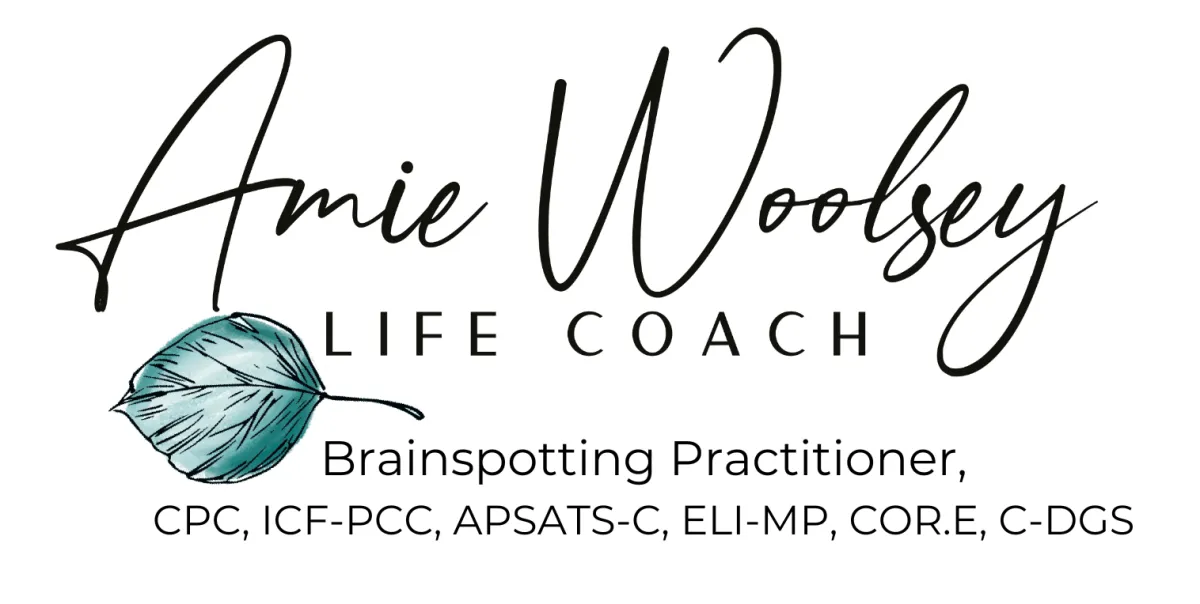
Trusting Again: From Guarded to Grounded – Rebuilding Self-Trust After Betrayal

When betrayal hits—whether through infidelity, abandonment, abuse, or emotional neglect—it doesn’t just fracture your trust in others. It shakes the very foundation of your relationship with yourself. After all, if someone you loved and depended on could hurt you, how can you ever trust again?
The good news? You don’t have to start by trusting other people.
You start by learning to trust yourself.
Why Trusting Others Feels Impossible After Betrayal
When you’ve been betrayed, your nervous system goes into high alert. Even long after the experience is over, you may find yourself:
Second-guessing your instincts
Feeling hypervigilant in new relationships
Shutting down emotionally to avoid more pain
Distrusting even those who’ve done nothing wrong
This isn’t you being dramatic. This is your body protecting you.
But living in survival mode isn’t sustainable—and it certainly isn’t peaceful.
To move forward, we must rebuild trust. Not recklessly, but intentionally. Not externally, but internally.
Self-Trust: The First Step Toward Healing
Before you can offer trust to others, you need to feel safe within yourself. That means:
Trusting your body to give you signals when something feels off
Trusting your emotions to guide you instead of mislead you
Trusting that quiet, wise part of you—the one who always knew
That version of you isn’t broken. She’s been buried under the rubble of pain and confusion. But she’s still there. And she wants to help you heal.
How Trauma Disrupts Your Sense of Safety
One of the most heartbreaking impacts of betrayal is how it disconnects you from your own body. Trauma often gets stored in the nervous system, not just your memory. That’s why you can feel “triggered” by a smell, a look, or a song—without understanding why.
You may find yourself stuck in loops of flashbacks or overreactions. You may feel “crazy” for not being able to let go of something that happened years ago.
You’re not crazy. You’re wounded. And wounds need care, not shame.
Rebuilding Trust Through Brainspotting
One of the most effective ways to restore self-trust and nervous system safety is through somatic therapy—especially a technique called Brainspotting.
Unlike traditional talk therapy, Brainspotting helps you locate and process trauma stored in the body. Using eye positions and gentle somatic cues, this technique allows you to bypass the overthinking brain and access the raw emotional material beneath the surface.
Clients often describe it as “releasing years of tension without having to relive the pain.”
If you’ve felt like traditional therapy hasn’t helped you truly feel better—Brainspotting might be the missing link.
👉 [Book a Brainspotting Session Here]
Micro-Trust: A Gentle Practice to Try This Week
If the idea of trusting yourself still feels too big, let’s start smaller.
Here’s one powerful question you can ask yourself daily:
“What do I need right now?”
That’s it.
Then, meet that need in the smallest way possible.
If your body says “I need rest,” give yourself five extra minutes with your eyes closed.
If your emotions say “I need to cry,” let the tears come without judgment.
If your heart says “I need connection,” send one text to someone safe.
These are micro-moments of self-trust—and they matter. Over time, they rebuild the muscle that betrayal tried to break.
You Weren’t Naive—You Were Brave
It’s easy to look back on a betrayal and feel shame.
“How did I not see it coming?”
“Why did I ignore the red flags?”
“Why did I stay so long?”
But the part of you that loved, hoped, and trusted wasn’t foolish—she was courageous. She believed in connection. She wanted to feel safe. And those are not things to be ashamed of.
Now, you get to protect her with stronger boundaries and deeper wisdom. You get to show her that she can still trust—you’ll listen this time.

Listening to Your Body Is the Beginning of Healing
Rebuilding trust isn’t just a mindset shift—it’s a full-body transformation.
Your body will tell you when something feels unsafe. It will tighten, ache, or freeze. It will signal you to pause.
And it will also tell you when it’s safe. You’ll notice moments of warmth, ease, or a deep breath. The more you notice, the more confident you become in your ability to discern truth.
This is the foundation of true healing: knowing that you can trust yourself to listen, to act, and to walk away if needed.
You Don’t Have to Do This Alone
Healing doesn’t happen in isolation. And while you don’t need to hand your trust away freely, you also don’t have to carry this burden by yourself.
If you’re ready to feel grounded again…
If you’re ready to trust your body, your boundaries, your voice…
If you’re ready to feel safe in your skin…
Then I’d love to walk with you.
🌀 Explore Brainspotting Sessions and learn how this powerful somatic therapy can help you release trauma and come home to yourself.
Because trusting again isn’t reckless—it’s sacred.
And it starts with you.

